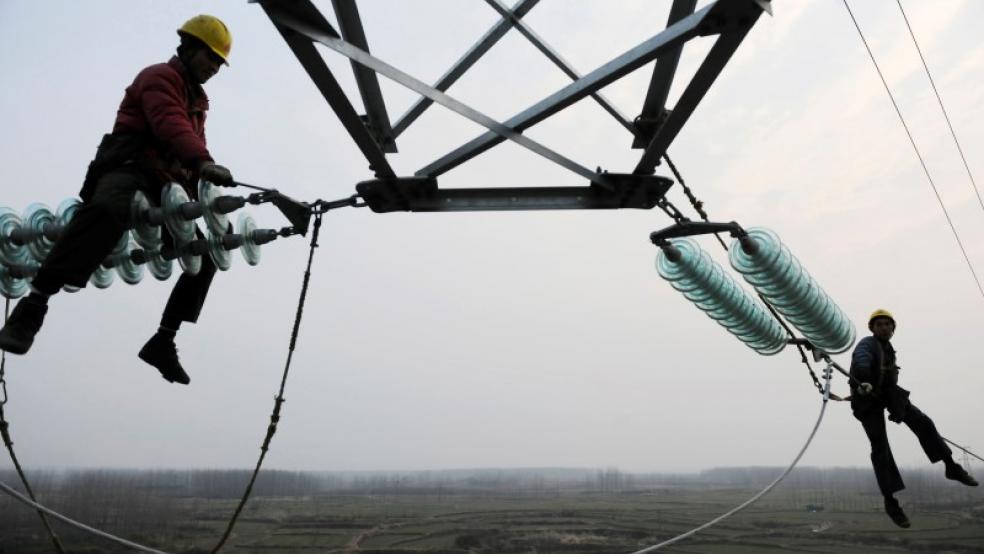The U.S. Department of Energy announced Monday that it will spend $1.3 billion to support three power transmission projects running through six states. Funds for the federal commitment, part of the $2.5 billion Transmission Facilitation Program, were provided by the $1.2 trillion Bipartisan Infrastructure Law approved by President Joe Biden in 2021.
The Transmission Facilitation Program reduces financial hurdles for electric grid construction and improvement by guaranteeing purchases of electricity over time, and by providing loans and participating in public-private partnerships in specific regions.
The three projects receiving the federal commitment are the Cross-Tie Transmission Line Project in Nevada and Utah, which will expand access to renewable energy in the West; the Southline Transmission Project, which will deliver wind energy from New Mexico to Arizona; and the Twin States Clean Energy Link in New Hampshire and Vermont, which will connect Canadian clean energy sources to New England. Together, the projects will add 3.5 gigawatts of additional capacity to the U.S. electrical grid while creating more than 13,000 direct and indirect jobs, the Energy Department said.
A call for more investment: Separately, the Energy Department released a major review of the nation’s power infrastructure, which finds that the electrical grid needs substantial expansion as demand continues to grow and the system shifts to greener sources.
“The clean energy transformation, evolving regional demand, and increasingly extreme events must all be accommodated by the future power grid,” the report says. “Significant transmission deployment is needed as soon as 2030 in the Plains, Midwest, and Texas regions. By 2040, large deployments will also be needed in the Mountain, Mid-Atlantic, and Southeast.”
Overall, the U.S. needs to add about 30 gigawatts of additional capacity to its electrical grid, the Energy Department says, with a focus on improving the ability to move power from different sources across different regions. That effort is expected to cost hundreds of billions of dollars and require a significant commitment from Congress over a decade or more.




